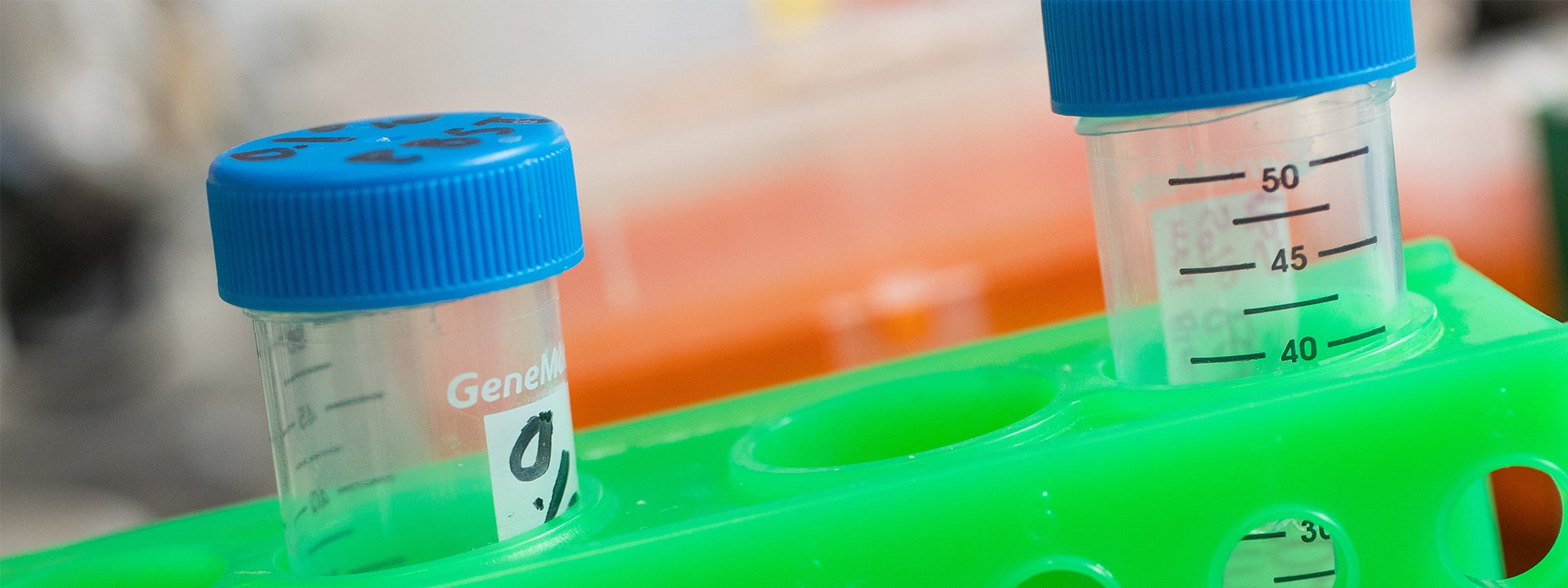Research Misconduct: See Something, Say Something
We may not think about how ethical decision making affects the ways we, as members of the ECU community, serve each other and our larger endeavors. Ethical decision-making in research consists of four values: honesty, accuracy, efficiency, and objectivity. Research misconduct undermines these values by damaging the scientific record, hurting the reputation of the institution, and ruining the reputation of the investigator. In the most extreme cases, it can result in loss of life.
Research misconduct is fabrication, falsification, or plagiarism in in proposing, performing, or reviewing research, or in reporting research results.
Fabrication is the generation of results that have no bearing on actual research. Falsification is changing existing results or methods to construct a conclusion. Plagiarism is taking another person’s words or ideas without proper credit or citation. Fabrication and falsification usually fall squarely within the realm of research misconduct; the research record is “created” or “changed” to help secure publication, funding, or some other result that benefits the investigator. Plagiarism exists both within the contexts of research misconduct and academic misconduct. Taking another person’s data, methods, ideas, or words without giving proper credit is never appropriate, and could subject the individual to sanctions from the institution, funding agency, or sponsor.
How do these ethical choices affect you, your lab, your department, or your academic endeavors? We hope that you will use this week to begin conversations about ethical decision-making, service, and how our decisions impact each other, ECU, and our work. Learn more online.
